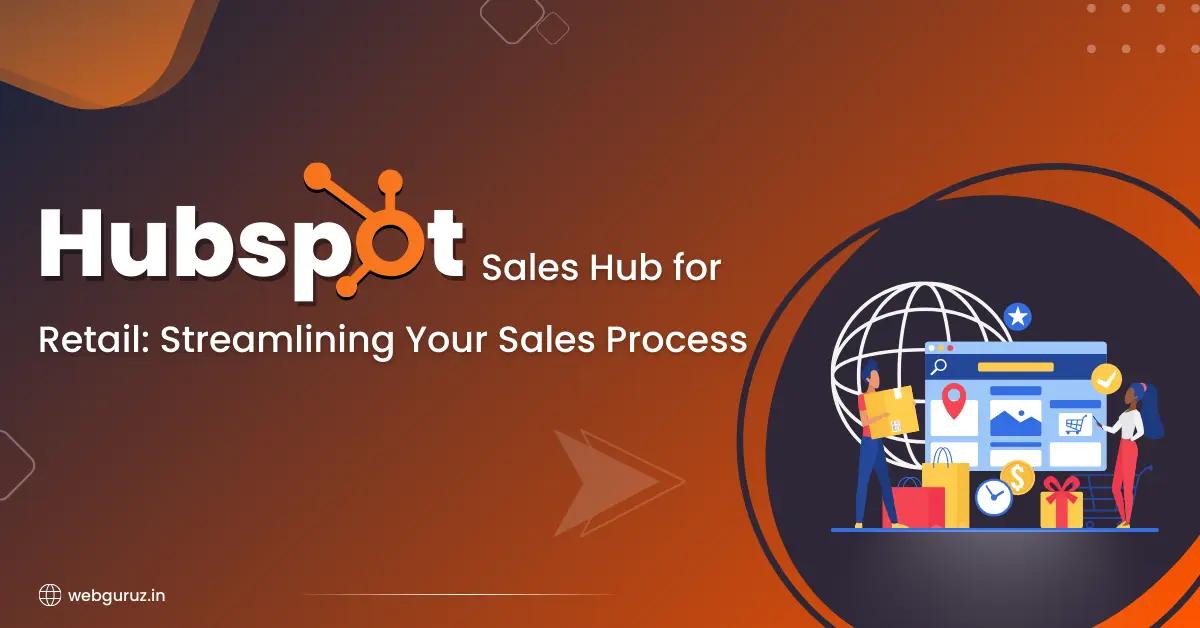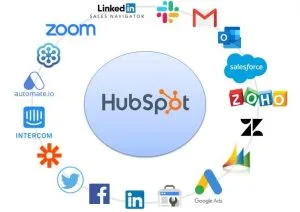Each business out there struggles to meet its sales targets. And this is exactly where HubSpot comes into the picture- as the ultimate solution to unlock their sales potential.
Whether it’s a brick-and-mortar store, an online shop, or something else, HubSpot with its Sales Hub offers a comprehensive set of tools and features to streamline and optimize sales operations.
From managing leads and deals to tracking customer interactions, and automating mundane tasks, HubSpot Sales Hub can empower retail teams to work smartly, quickly, and more effectively.
According to a study conducted by HubSpot, salespeople spend
21% of their time communicating with customers through emails, 17% of it updating data into CRM software, 17% of it conducting research, 12% of it during client call setup and 12% of time attending meetings.
All of this leaves them with
only 21% of their time focusing on sales
With SalesHub, managing sales tasks becomes much easier.
What sets Sales Hub apart from other sales tools in the market is the intuitive interface and seamless integration with HubSpot’s own suite of marketing and customer service solutions. This integration capability makes it the ultimate powerhouse for end-to-end sales enablement. Businesses can effortlessly align sales, marketing, and service teams to create a unified customer experience.
This article will delve deeper into HubSpot Sales Hub, explaining the key features, pricing plans, and best practices for optimizing retail sales operations using this tool. You will also learn about the benefits of HubSpot Sales Hub and ways you can integrate it with other retail sales software and tools.








.webp)
.webp)
.webp)
.webp)
.webp)




